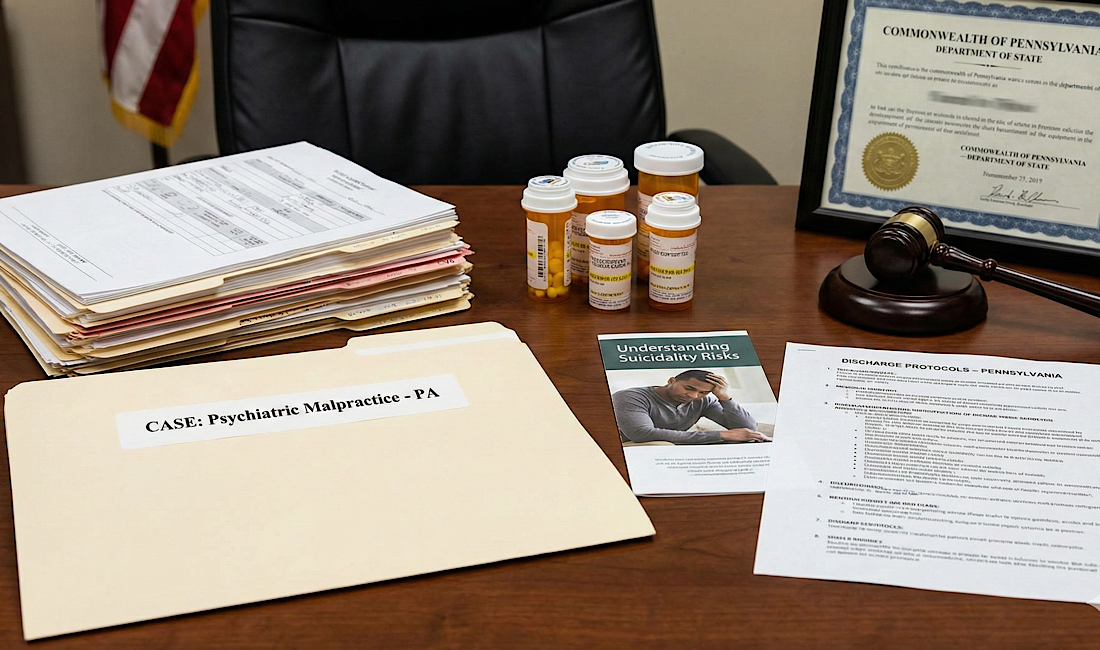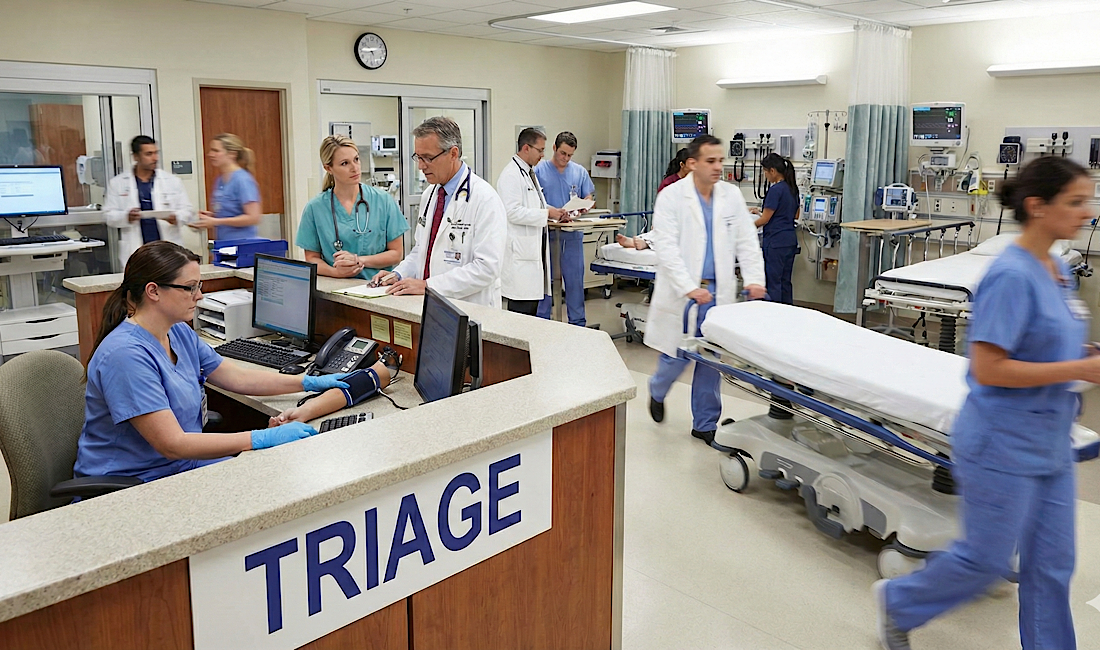What Patients Need to Know About Nurse Practitioner Malpractice Risks

As healthcare systems across the country experience physician shortages, nurse practitioners (NPs) have taken on increasingly independent roles in primary and acute care settings. In Pennsylvania, legislative changes and healthcare economics have accelerated this trend, with more patients receiving diagnoses, treatment plans, and prescriptions from NPs than ever before. But while nurse practitioners provide valuable care, their expanding scope of practice raises complex questions about training, accountability, and the risks of medical malpractice.
This article aims to equip patients with essential insights into nurse practitioner malpractice in Pennsylvania—highlighting how NPs are trained, how legal responsibilities differ from physicians, and what rights patients have when something goes wrong.
The Rise of Independent Nurse Practitioner Care in Pennsylvania
Nurse practitioners are advanced practice registered nurses (APRNs) who hold at least a Master of Science in Nursing (MSN) or Doctor of Nursing Practice (DNP). In contrast to registered nurses, NPs are trained to perform tasks that include diagnosing illnesses, interpreting diagnostic tests, prescribing medications, and managing patient care—duties historically limited to physicians.
As of 2023, over 15,000 licensed NPs were practicing in Pennsylvania. While Pennsylvania still requires most NPs to collaborate with a physician under a formal agreement, there has been increasing pressure to expand “full practice authority,” which would allow NPs to work independently without physician oversight. Several surrounding states, including New York and Maryland, already permit such independent practice.
However, with autonomy comes increased legal responsibility—and scrutiny. A growing body of malpractice claims suggests that the scope of NP liability may not yet be fully understood by patients or even the medical system.
Training Gaps Between NPs and Physicians
One of the central issues in the debate around NP malpractice liability involves the difference in training between nurse practitioners and medical doctors (MDs).
- Nurse Practitioners typically complete:
- ~500–750 clinical training hours during their graduate program
- A 2–3 year master’s or doctoral program
- Physicians complete:
- 4 years of medical school (after undergraduate studies)
- 3–7 years of residency (often involving 10,000+ hours of supervised clinical training)
This stark contrast—thousands of hours less clinical preparation—means that while NPs are well-qualified for many types of care, they may be less equipped to identify subtle or complex conditions, especially in emergency or specialty care scenarios.
A 2022 study published in the Journal of Patient Safety found that diagnostic errors are the most common cause of malpractice claims against nurse practitioners, often due to failure to escalate care or consult a physician.
Malpractice Claims: NP vs. Physician Cases
Nurse practitioners can be sued independently for malpractice, and Pennsylvania law holds NPs to a standard of care expected from similarly trained providers. This means an NP is not expected to meet physician-level performance, but rather that of a “reasonably prudent nurse practitioner in similar circumstances.”
However, malpractice litigation involving NPs is growing. According to the National Practitioner Data Bank (NPDB):
- NP malpractice payments have increased by over 30% in the past decade.
- The most frequent allegations include:
- Failure to diagnose or delayed diagnosis
- Improper medication prescription or dosage
- Inadequate monitoring of chronic conditions
- Failure to consult or refer to a specialist
In Pennsylvania, patients injured under the care of a nurse practitioner may sue:
- The NP individually
- The supervising physician (if a collaborative agreement exists)
- The medical practice or hospital employing the provider
It’s important to understand that the structure of care impacts the complexity of legal claims. For example, when an NP works under a collaborative agreement, liability may be shared with the supervising physician or health system—even if the physician never directly treated the patient.
Legal Rights for Patients Injured by NP Malpractice
If you’ve experienced harm due to an error by a nurse practitioner in Pennsylvania, you have the same legal protections as you would in a physician-led malpractice case. Patients are entitled to pursue damages for:
- Medical expenses and future care
- Pain and suffering
- Loss of income or earning capacity
- Permanent disability or disfigurement
- Emotional distress
To prevail in a medical malpractice lawsuit, you must prove:
- A provider-patient relationship existed.
- The NP failed to meet the standard of care.
- This failure directly caused harm to you.
- You sustained measurable damages as a result.
Pennsylvania law also requires an affidavit of merit, meaning a licensed medical professional must review the case and affirm that negligence likely occurred. In NP cases, the reviewing expert must have experience with advanced practice nursing care or relevant standards.
The statute of limitations for medical malpractice in Pennsylvania is typically two years from the date the injury occurred, or from the date the injury was discovered (or should have been discovered), with some exceptions for minors and cases involving fraud.
How Frischman & Rizza Can Help
At Frischman & Rizza, we understand that patients place enormous trust in every provider—whether physician, nurse practitioner, or physician assistant. When that trust is broken, and injuries occur, we step in to protect your rights and demand accountability.
Our medical malpractice team has experience handling complex claims involving:
- Independent and hospital-employed nurse practitioners
- Collaborative agreements and shared liability with physicians
- Missed diagnoses, improper treatment, and prescription errors
- Wrongful death due to NP oversight or mismanagement
We work with medical experts who understand the nuances of nurse practitioner care and the evolving standards of practice in Pennsylvania. Our goal is to secure fair compensation and ensure healthcare systems prioritize both access and safety.
What Patients Can Do to Stay Informed
Patients should never hesitate to ask questions about their care provider’s qualifications, especially when receiving treatment from a non-physician. Questions may include:
- Are you an NP or MD?
- Are you working under physician supervision?
- How many similar cases have you treated?
- When do you consult with a physician or specialist?
If you believe you or a loved one has suffered harm due to a nurse practitioner’s mistake, don’t wait to get the answers and support you deserve.
Contact Frischman & Rizza today for a free consultation. Our experienced malpractice attorneys are here to review your case, explain your legal options, and fight for the justice and compensation your family needs to move forward.





